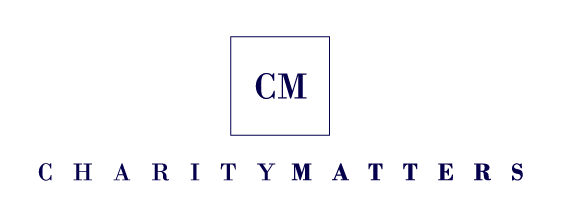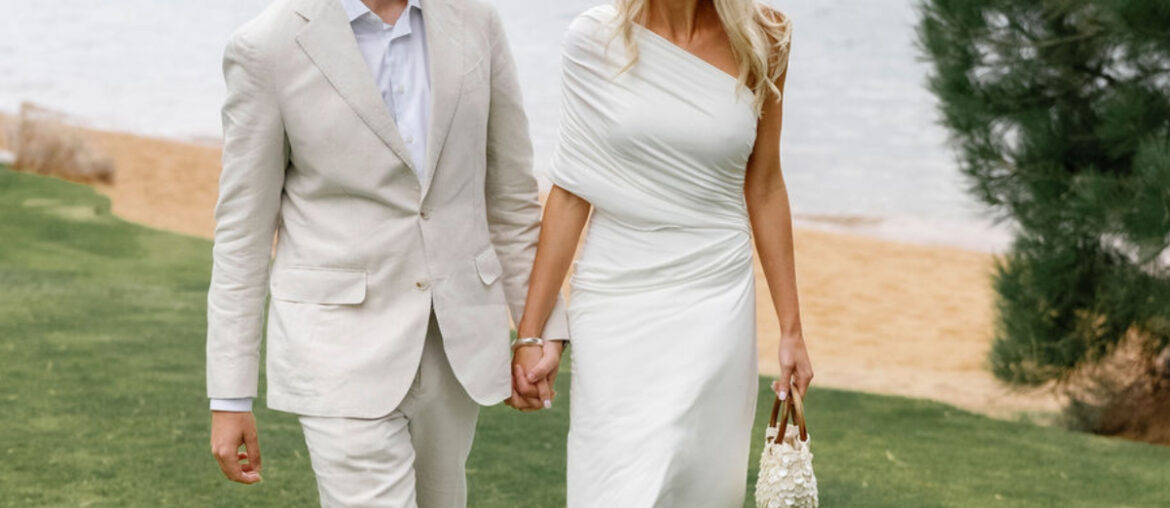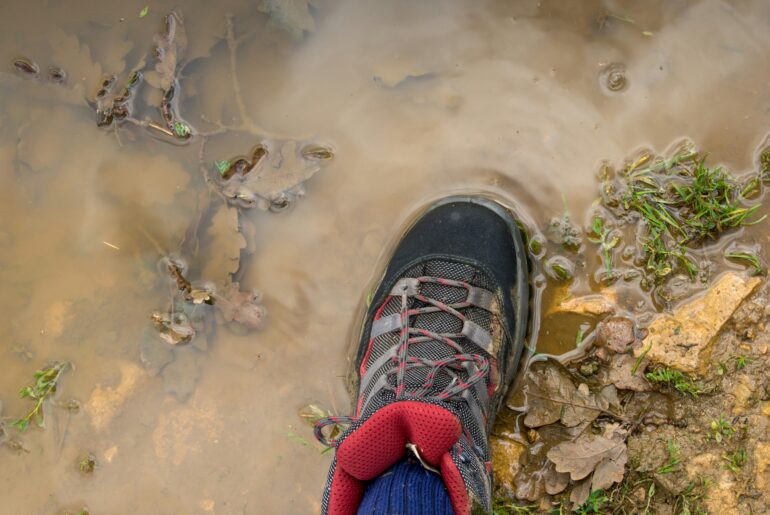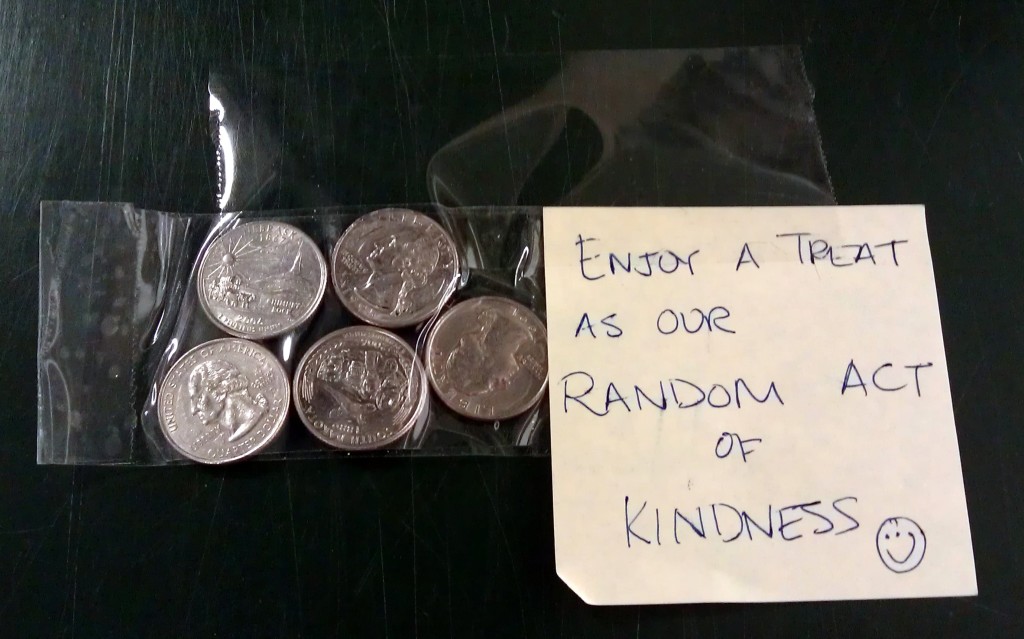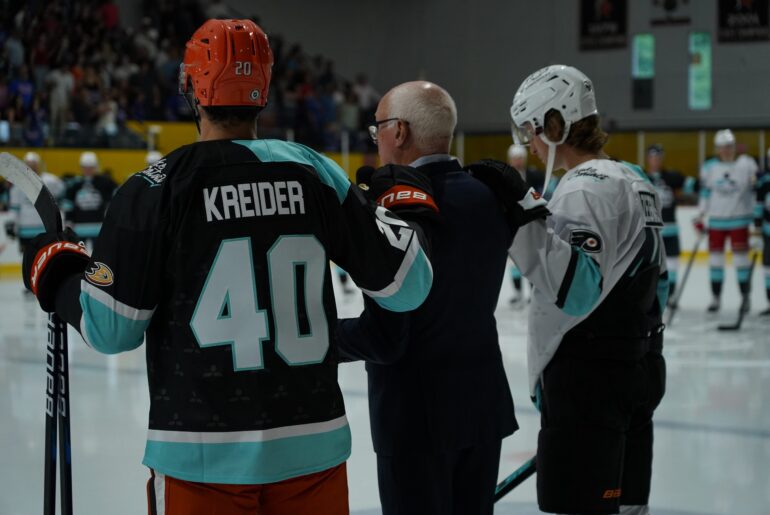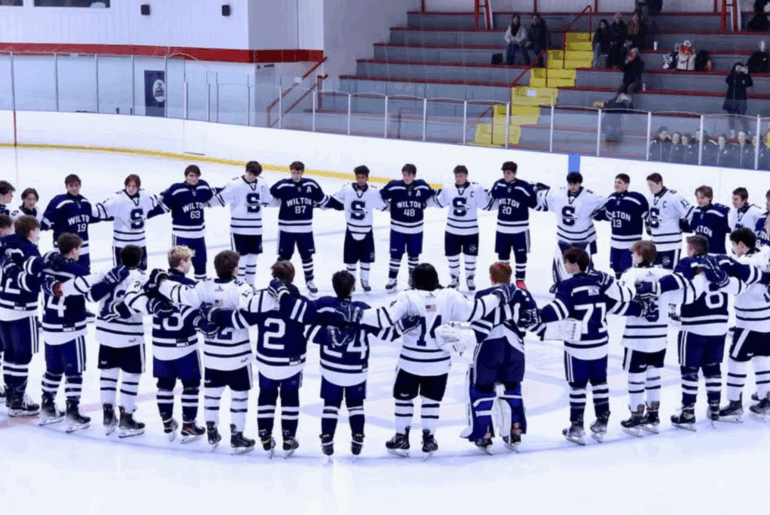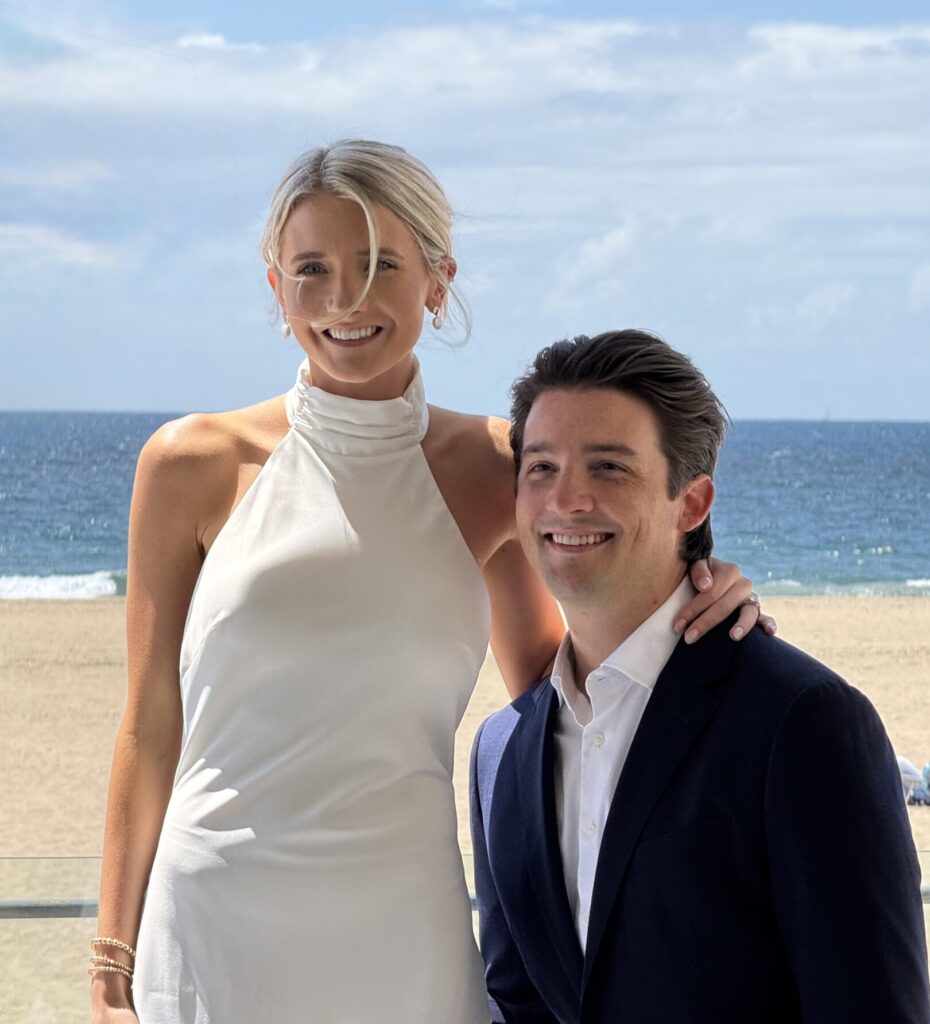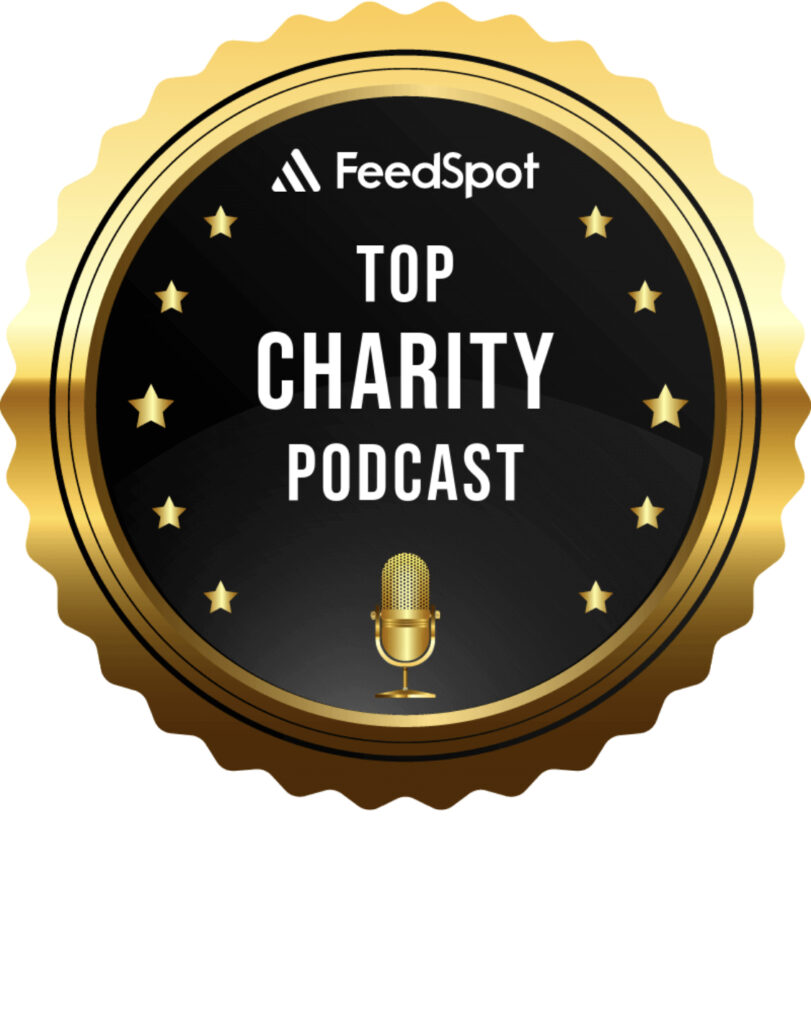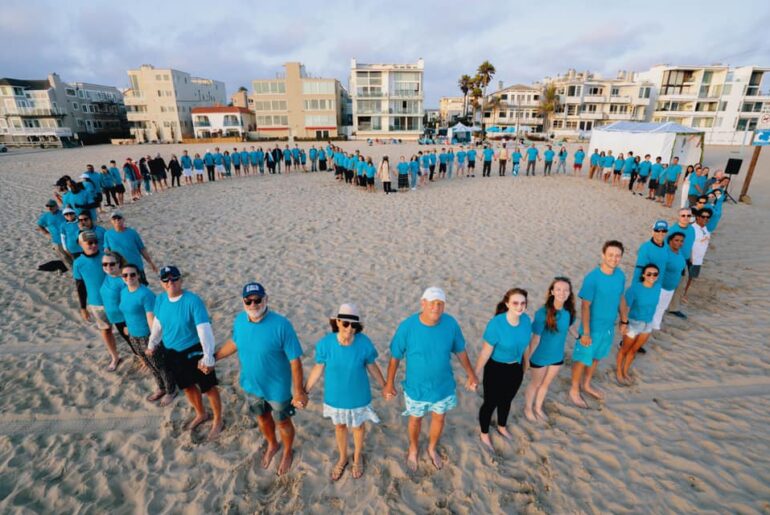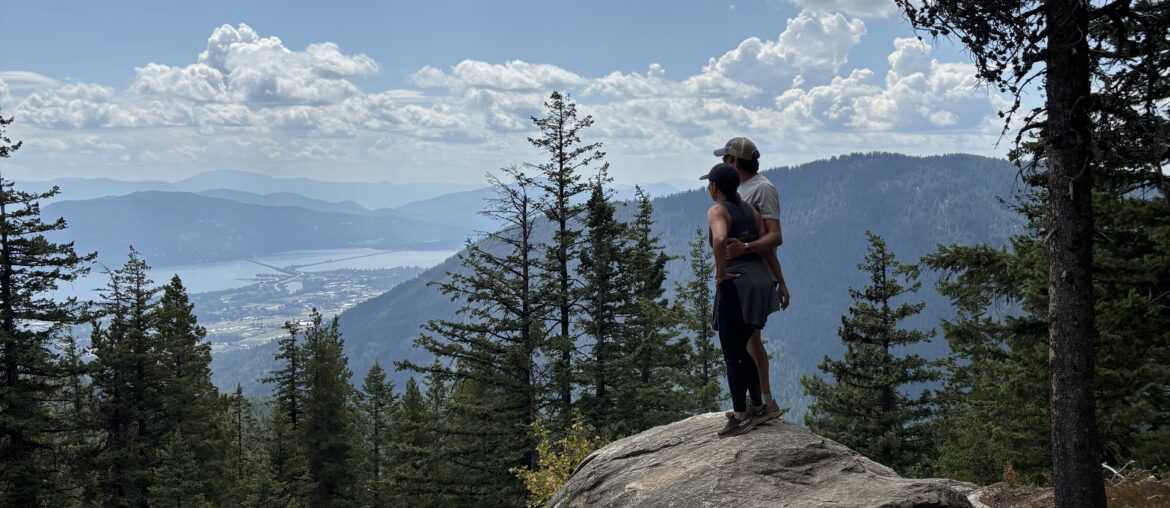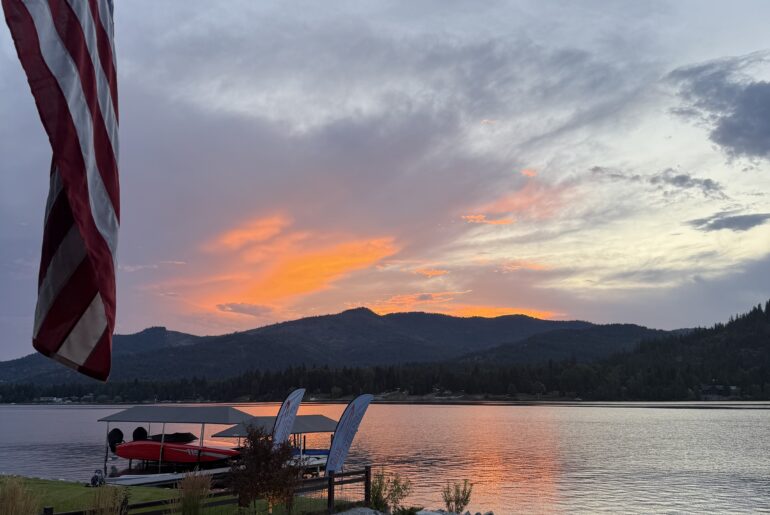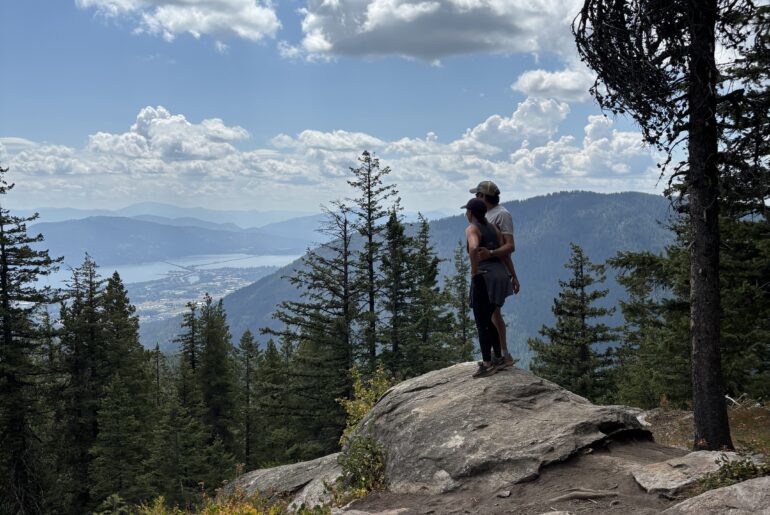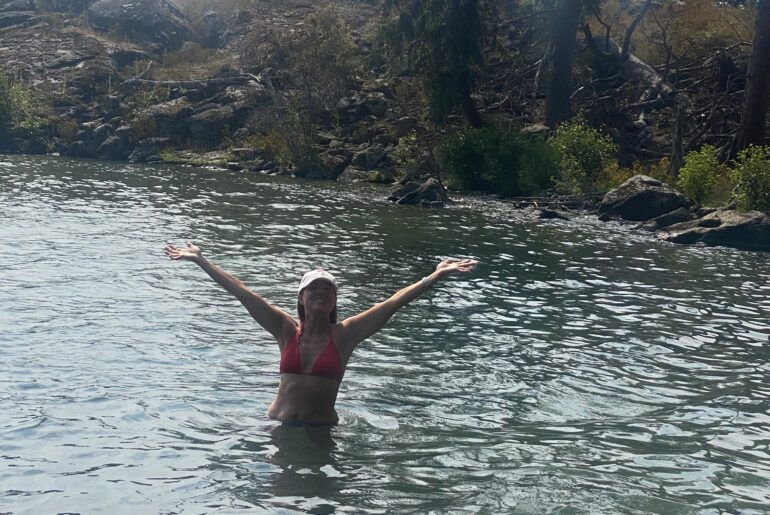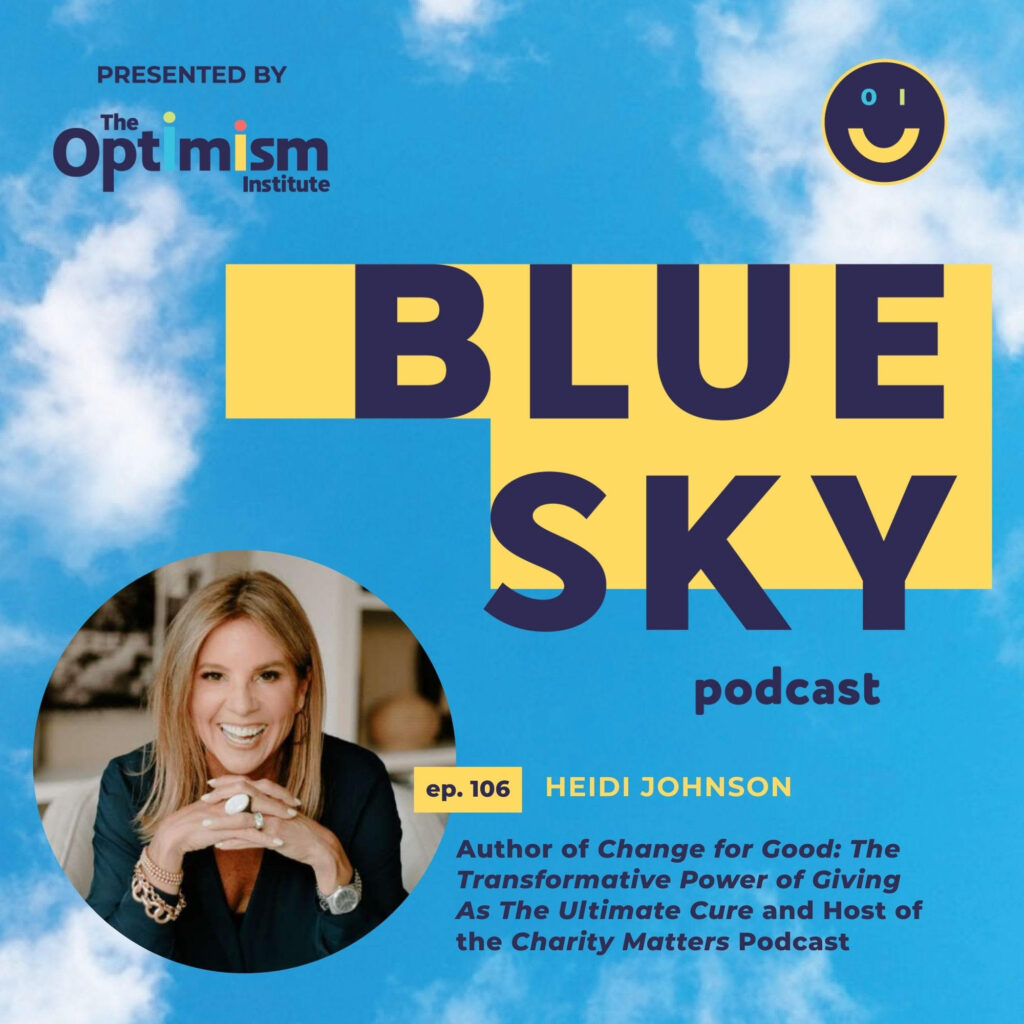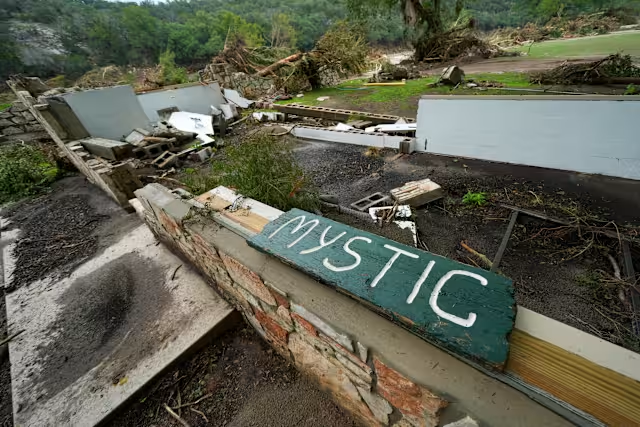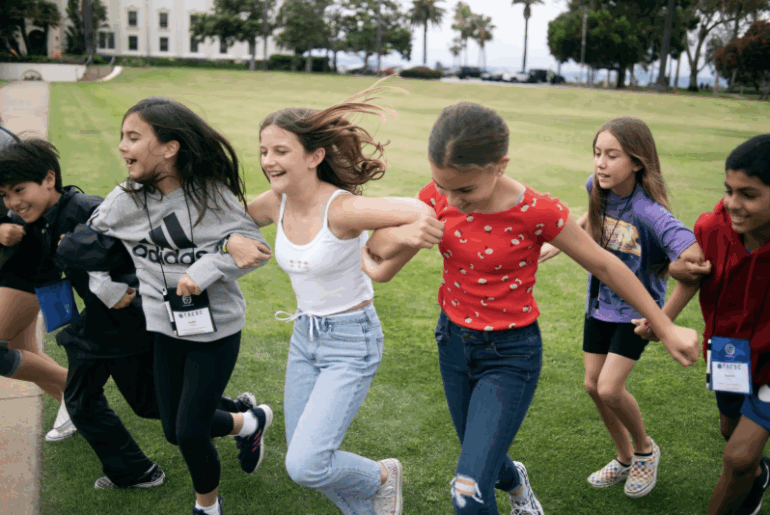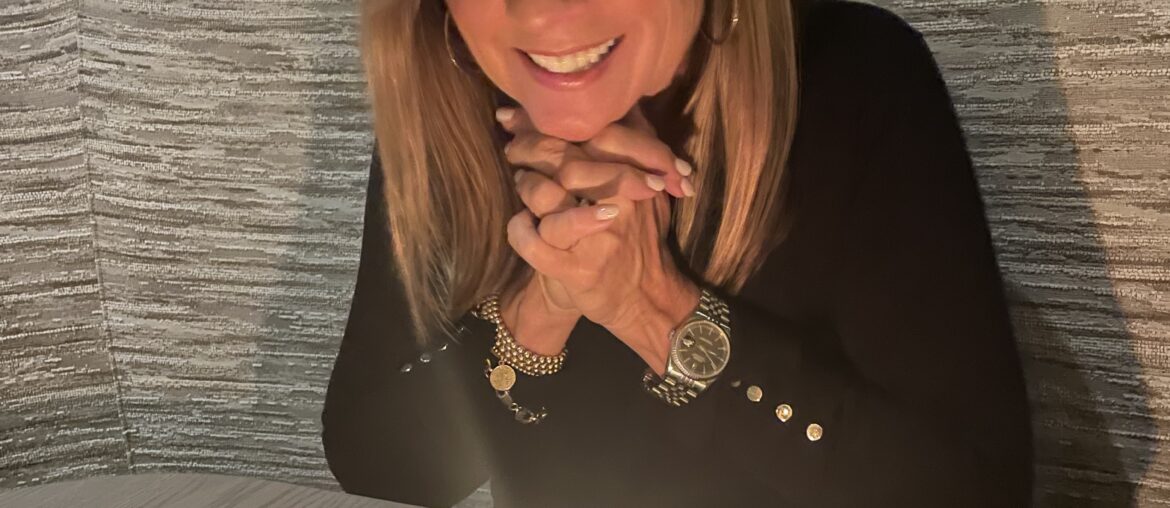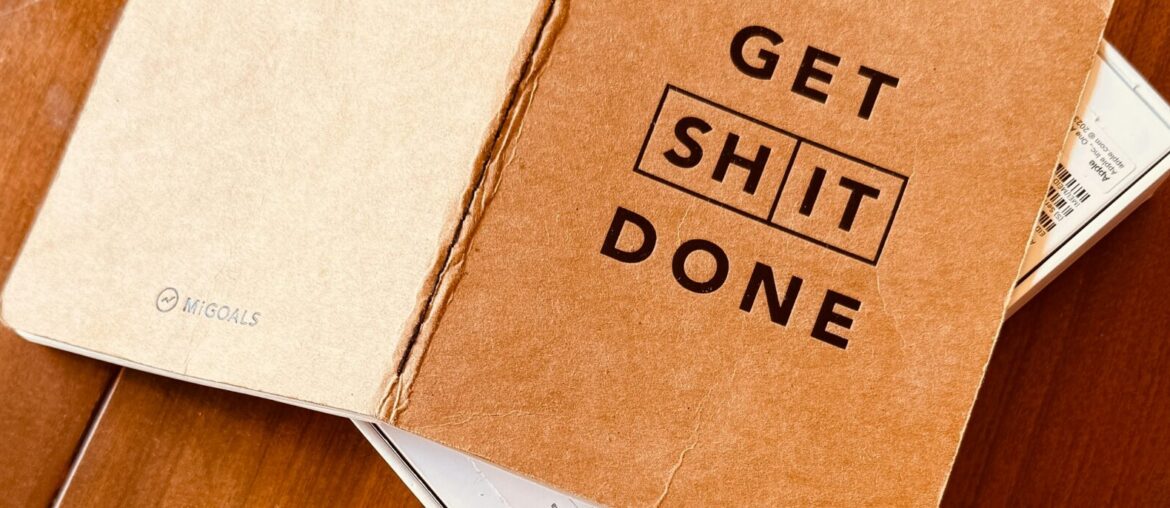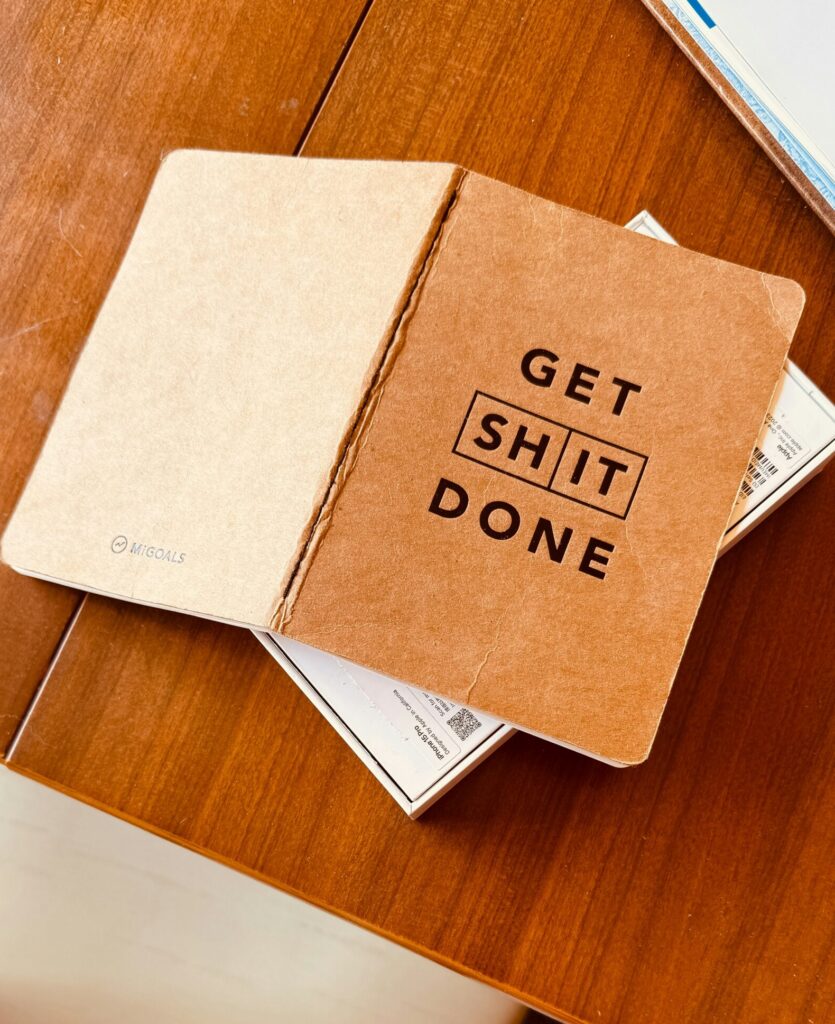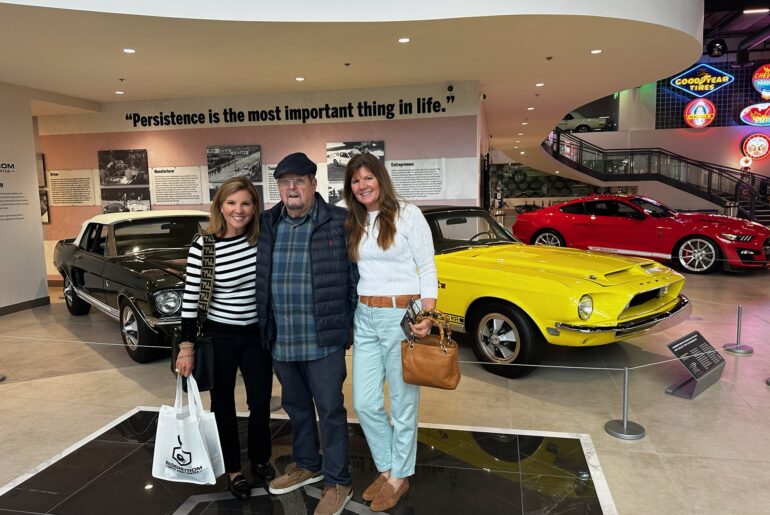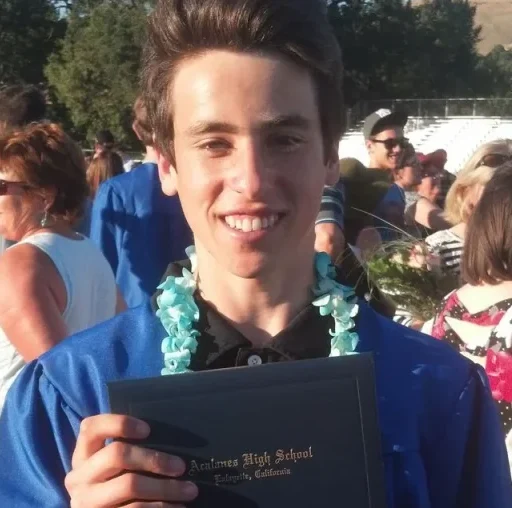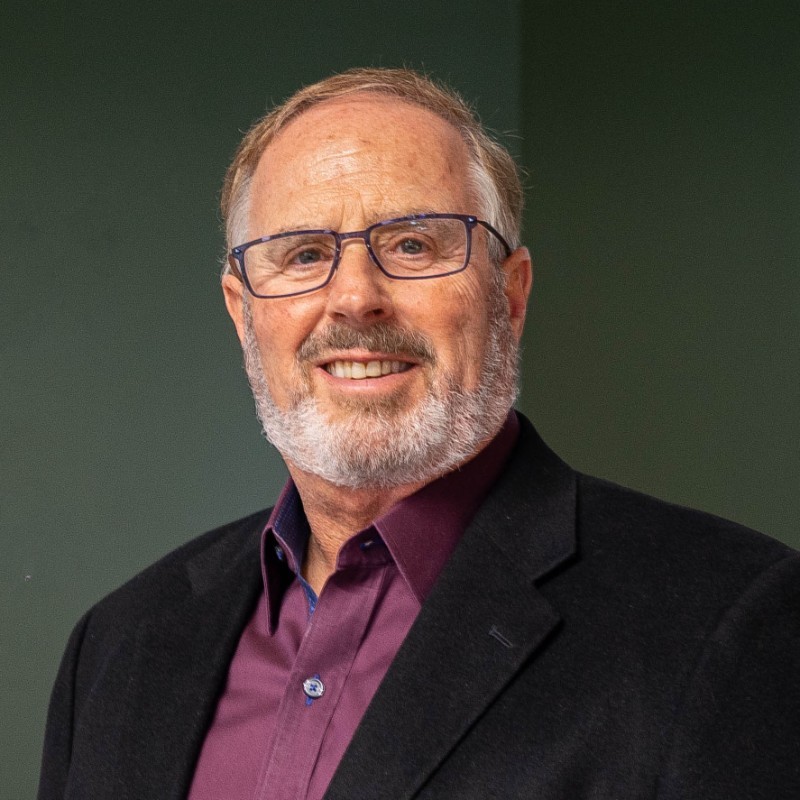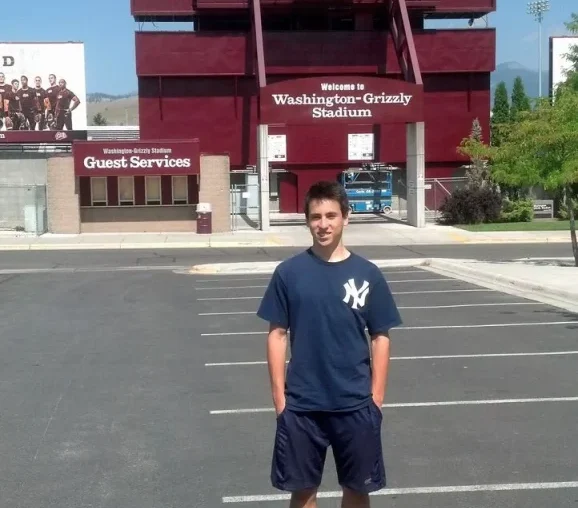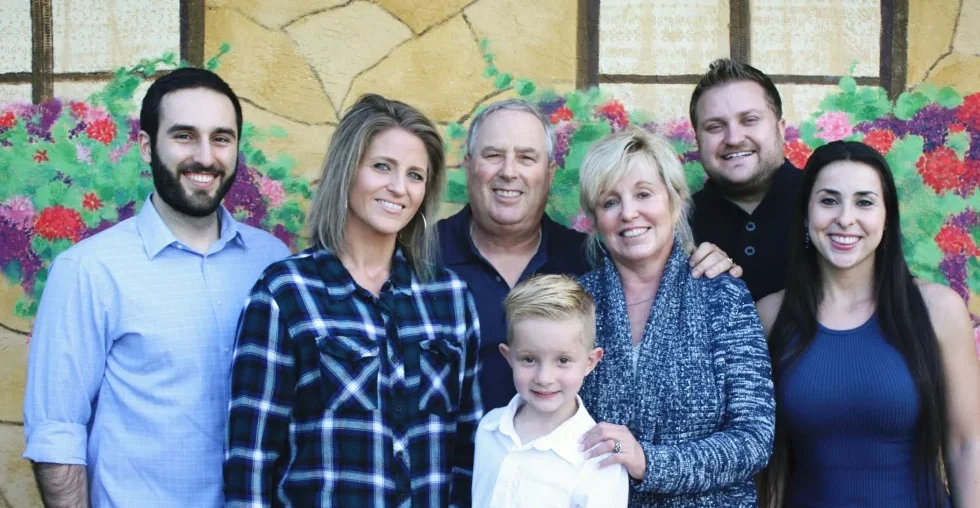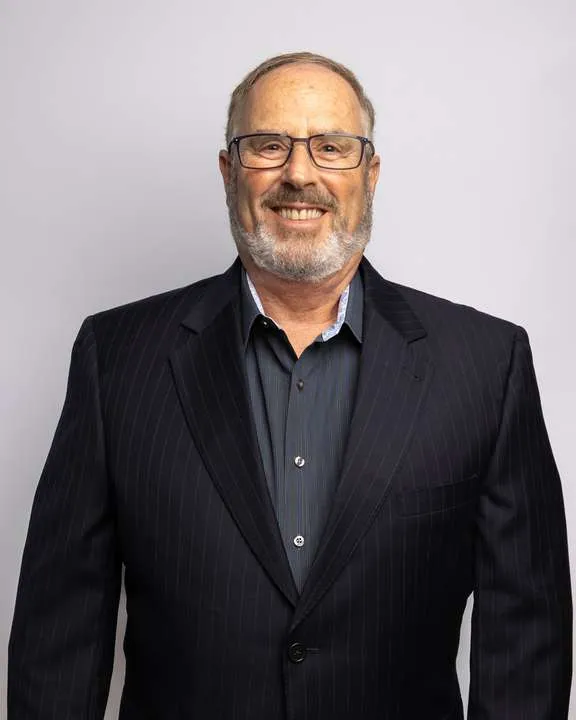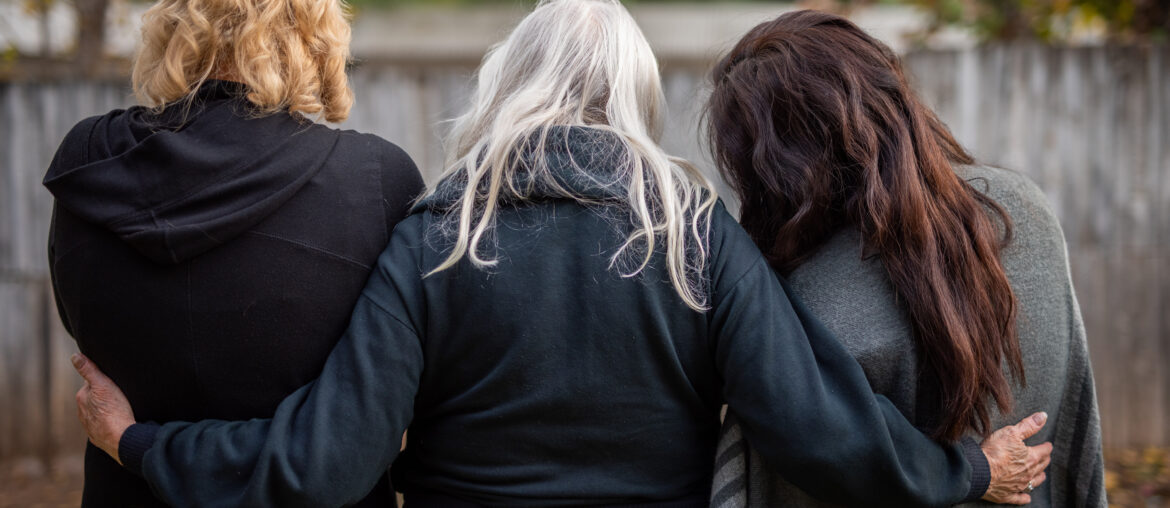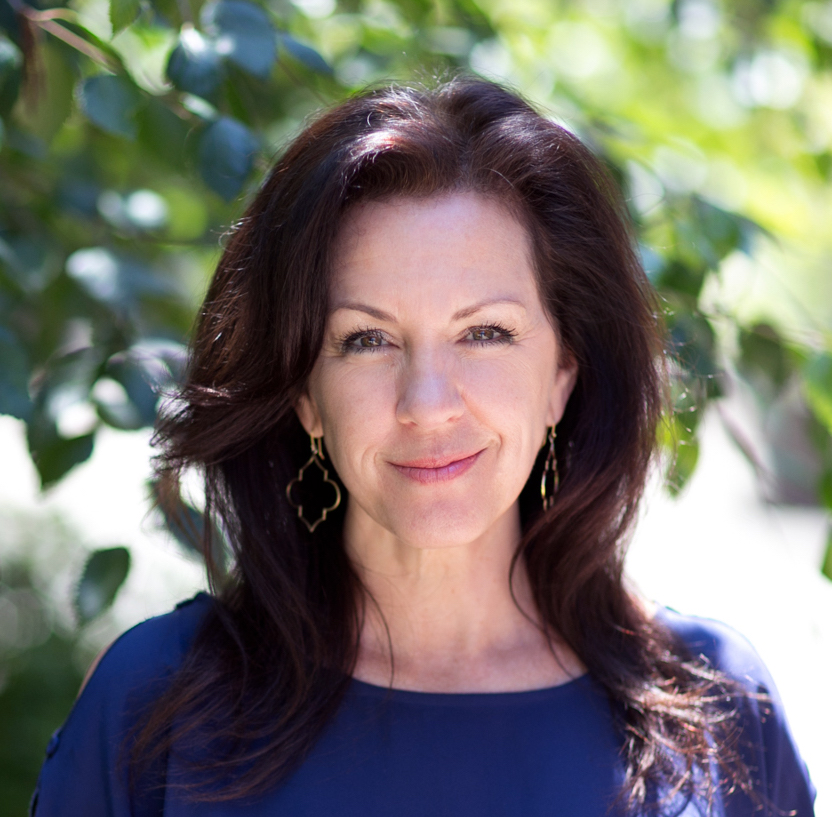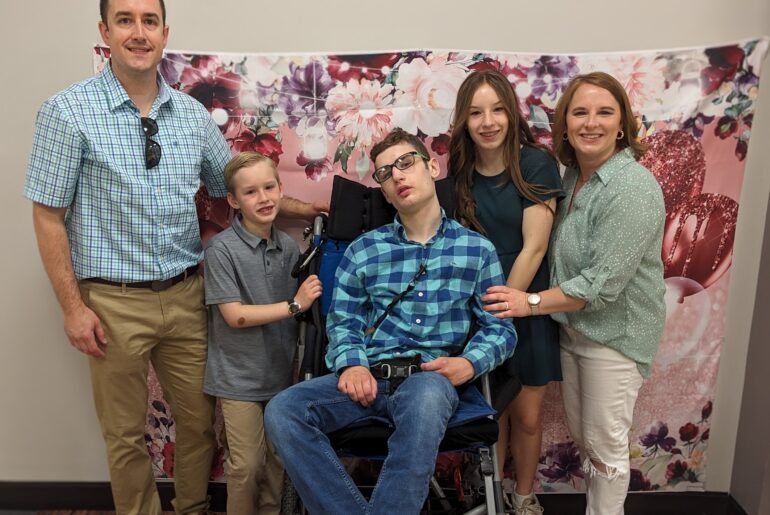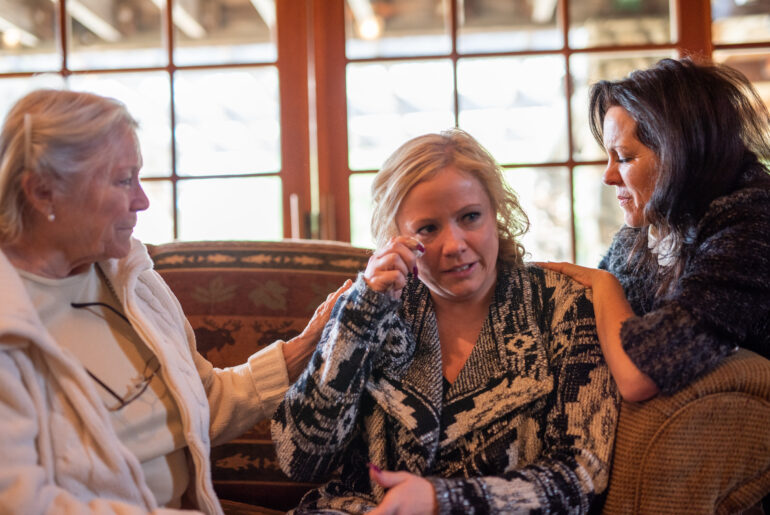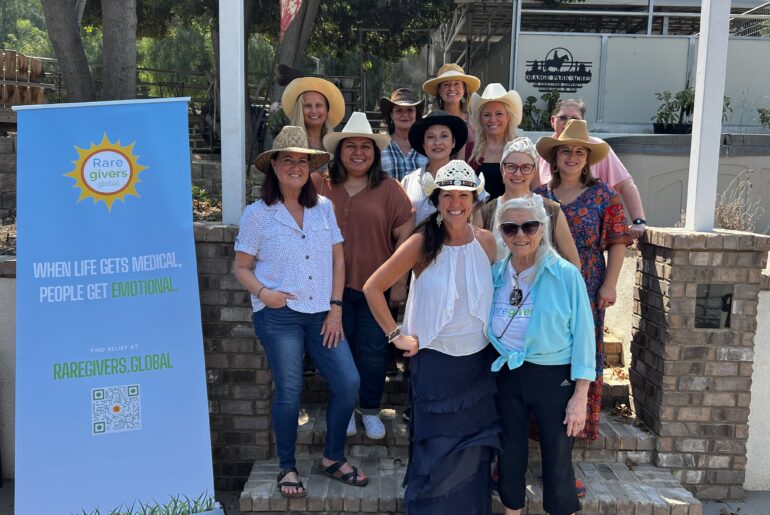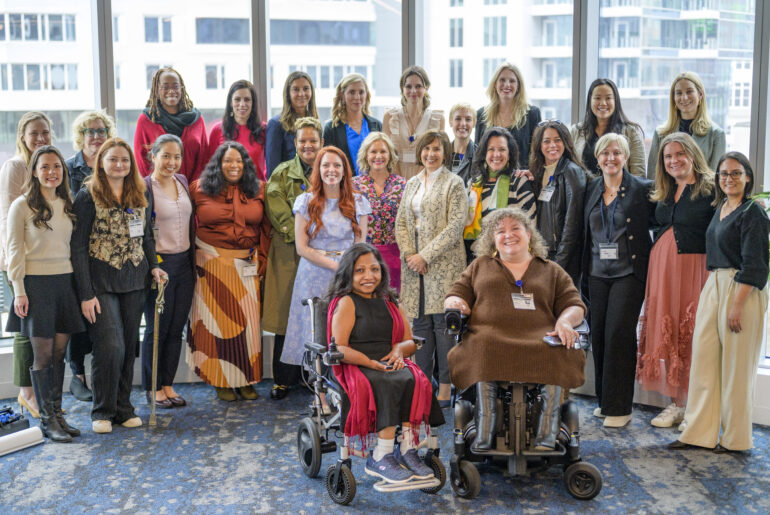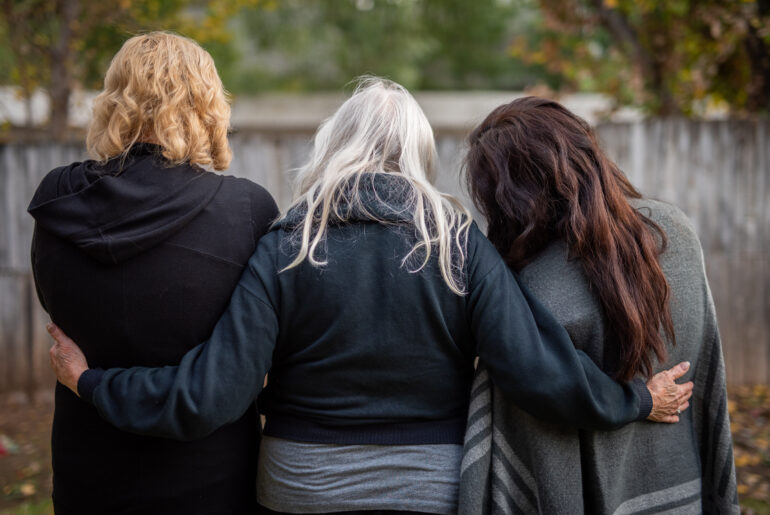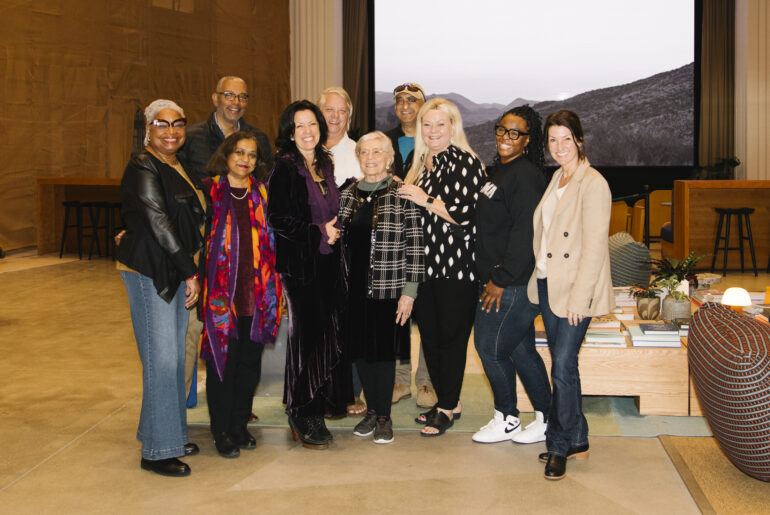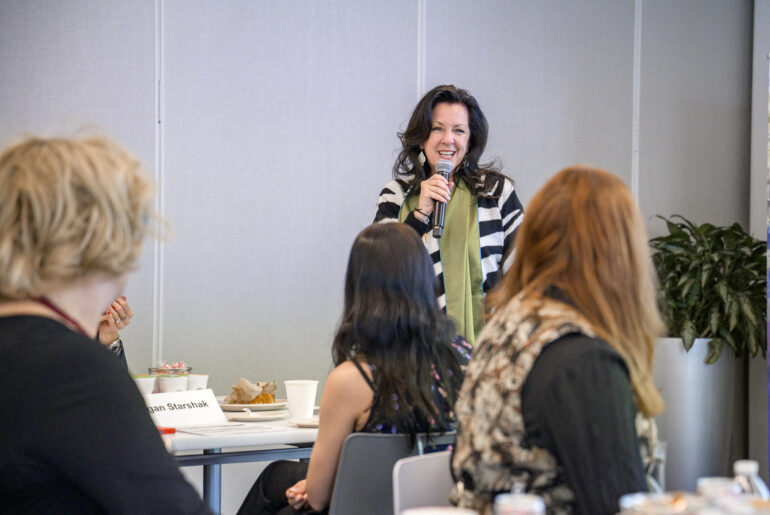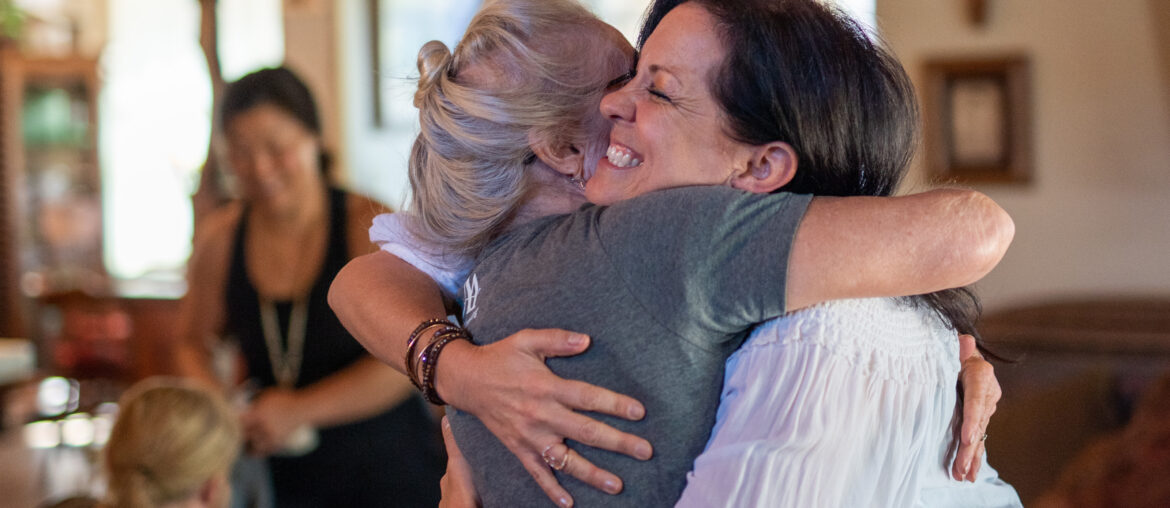For almost fifteen years, I have been sharing my journey here each week……through life, love, loss, family, faith, philanthropy, and everything in between. There isn’t much we haven’t covered in all of these years. But today, this is a first for me……and for us. A topic we’ve somehow never explored together: marriage and weddings.
This past weekend, our family celebrated one of life’s greatest blessings…..our son’s wedding. Even as I write those words, I can hardly believe they are real. The day felt like something out of a dream, filled with joy, tears, laughter, and a love so pure it radiated through every moment.

As my husband and I stood at the back of the aisle, arm in arm, ready to walk toward our son and his beautiful bride, I looked up at him and whispered, “How did we get here?” He smiled, squeezed my hand, and without missing a beat said, “I asked you on a date.”
And just like that, the tears came. Because he was right. That one question so many years ago set in motion a chain of love that led to this exact moment….our son waiting for his bride, a new family beginning, a new chapter unfolding.

When I began Charity Matters, my three boys were in elementary and middle school. I’m not even sure Google existed back then! During that time, you’ve watched our family grow up right here on these pages. You cried with me through the Last Lunch, The Last Pass and So Many Last. Every milestone felt monumental, every transition bittersweet. And each time, we asked the same question: “How did we get here?” Followed quickly by, “Wow, that went so fast.”
It’s funny looking back now. Each stage of parenting felt like the summit…..the great challenge that would finally lead us to rest. We thought elementary school was hard until middle school came. Then we thought high school was the finish line….surely, graduation was the final hurdle! I remember turning to my husband that night, tears streaming down my face, and saying, “How did we get here? Weren’t they just born yesterday?”

And yet, as any parent knows, life has a way of humbling you. You realize that the “end” of one season is merely the beginning of another. You send them off to college, thinking your job is mostly done…..only to learn that parenting never really ends, it just changes shape.
In what feels like the blink of an eye, our boys were out of college, working, building lives of their own. We didn’t think much about what came next. We were simply grateful they were healthy, happy, and finding their way.

But here’s the thing I’ve learned over the years…..and it’s one of the hardest truths for parents to swallow: from the moment our children are born, we start writing a script for their lives. We don’t tell them this, of course, and most of the time, we don’t even say it out loud to ourselves. But it’s there….quietly playing in the background of our minds.
In my version of the script, my boys would grow up to be kind and successful, find good friends, rewarding work with purpose, and eventually, someone wonderful to love. My script had a timeline, too. You know the one….finish school, meet someone nice, fall in love, get married, buy a house, have children. Perfectly linear, perfectly planned.
And then, as life does, it laughed at my plan.

There were detours, heartbreaks, and lessons I never saw coming. There were moments when I silently protested, “This isn’t how the story is supposed to go!” But with time….and a lot of prayer…I realized that the story I was trying to write wasn’t mine to write. My children’s lives are their own stories, not chapters in mine.
It took me years to see it clearly, but once I did, it was freeing. My job was never to control the story, but to love them through it….to trust that the Author of all things had a far better script in mind than I ever could. And as I stood in the most beautiful setting this weekend, watching our son waiting for his bride, I could see how true that was.

Because their story….the one they are writing together….is more beautiful than anything I could have dreamed up.
The moment she walked down the aisle, time stopped. I looked at his face, his eyes brimming with tears, and saw not just my son, but the man he has become…kind, compassionate, faithful, and deeply in love. A man ready to build a life with someone who matches his heart. As he said his vows, tears flowed from his brother’s eyes and everyone else’s because their love was just so beautiful, real and palpable.
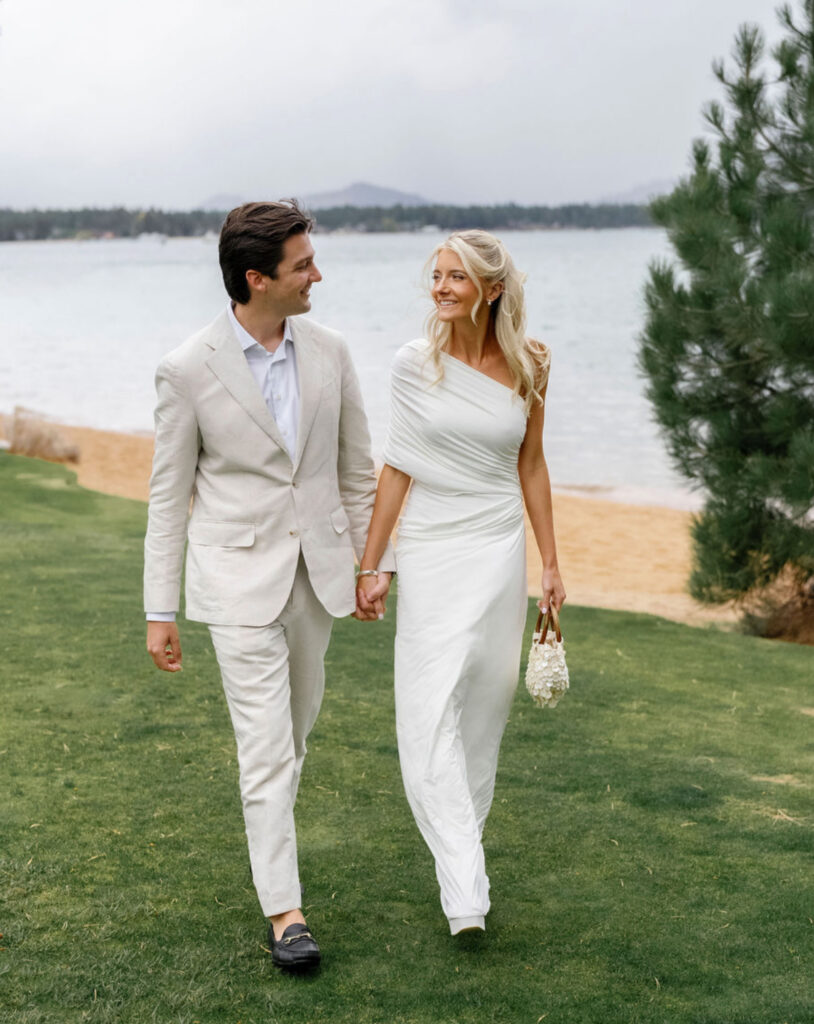
Our new daughter-in-law is everything I could have ever hoped for him…graceful, grounded, smart, strong and full of light. She fits into our family like she’s been part of it all along. As I watched them exchange vows, I thought about how, all those years ago, when we were the ones standing there saying “I do,” we had no idea what those words would come to mean.
Marriage is not just a day….it’s a daily choice. It’s the decision, every morning, to show up with love, humility, and grace. It’s choosing to grow together through the seasons, to forgive, to celebrate, to serve one another even when it’s hard. It’s the promise that your story is no longer “mine” or “yours,” but “ours.”

As parents, witnessing that moment is indescribable. It’s joy and nostalgia all mixed together….the ache of letting go and the awe of seeing something new begin. I thought about all the nights I tucked him into bed, all the prayers whispered for his future, and how many of those prayers were answered in that moment.
Later that night, as we danced beneath the Tahoe stars, I looked around the room at the sea of faces…family, friends, people who had loved him since he was little….and it hit me again: How did we get here?
How did we get from those early mornings of tying tiny shoes to tying a bow tie? From bedtime stories to wedding toasts? From Legos to love stories? The years have moved like the pages of a book….some chapters long, some heartbreakingly short, all filled with meaning.
When the band played the final song, I held my husband’s hand and whispered those same words we’ve said so many times before: “How did we get here?” But this time, there was no disbelief in my voice….just gratitude. Because the answer was clear.

We got here through love.
Through every sleepless night, every prayer, every football game and scraped knee, every graduation, every heartbreak, every dinner at the kitchen table, every “I love you.”
We got here through grace….through the quiet, unseen moments when we trusted that even when we couldn’t see the plan, there was one.
And we got here through joy…..the kind that sneaks up on you in the middle of a crowded dance floor when you realize that life, in all its messiness and beauty, has led you exactly where you are meant to be.
As the weekend came to a close and we said our goodbyes, I felt a deep sense of peace. Not the kind that comes from everything being perfect, but the kind that comes from knowing that everything is right.

Parenting, I’ve learned, is a lifelong act of surrender. It’s learning to let go over and over again….of control, of expectations, of the idea that we know best. And in that letting go, we make room for something even more beautiful: watching our children step fully into their own lives, their own love, their own purpose.
So yes, once again, I find myself asking, “How did we get here?” But this time, I know the answer.
We got here because of love…..the love that began with a simple date so many years ago, the love that built our family, and the love that now continues through the next generation.
We got here by walking each step….sometimes with confidence, sometimes with tears…..but always with love.

And now, it’s their turn. Their turn to walk hand in hand, to build a life together, to write their own story.
As for us, we’ll be right here on the sidelines….cheering, supporting, loving and every now and then, still whispering the same words that have followed us through every chapter of this journey:
How did we get here?
CHARITY MATTERS.
YOUR REFERRAL IS THE GREATEST COMPLIMENT, IF YOU ARE SO MOVED OR INSPIRED, WE WOULD LOVE YOU TO SHARE AND INSPIRE ANOTHER. If you enjoyed today’s episode, please connect with us:
- www.Charity-Matters.com
- On IG @Charitymatters
- Post a screenshot & key takeaway on your IG story and tag me @heidijohnsonoffical and @Charitymatters so we can repost you.
- Leave a positive review on Apple Podcasts
- Subscribe to new episodes each week!
Copyright © 2025 Charity Matters. This article may not be reproduced without explicit written permission; if you are not reading this in your newsreader, the site you are viewing is illegally infringing our copyright. We would be grateful if you contact us.
